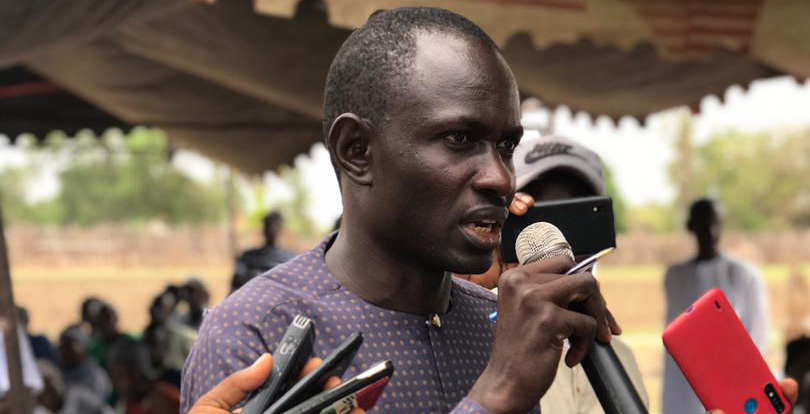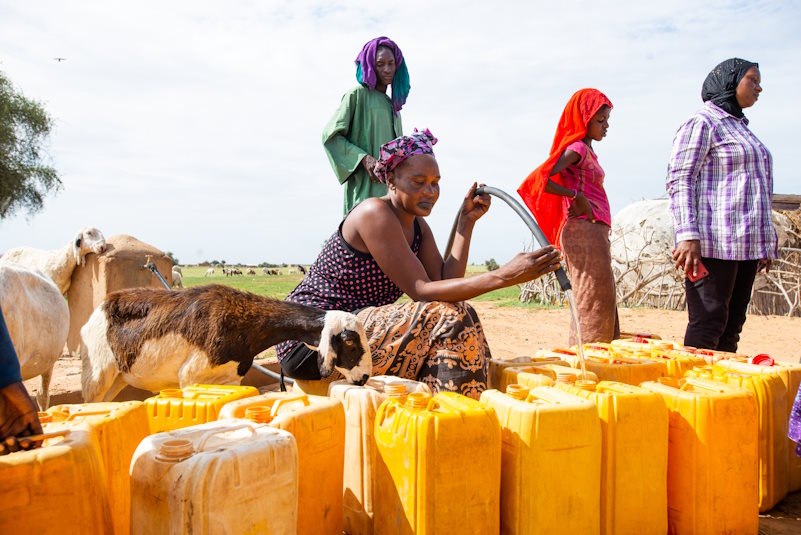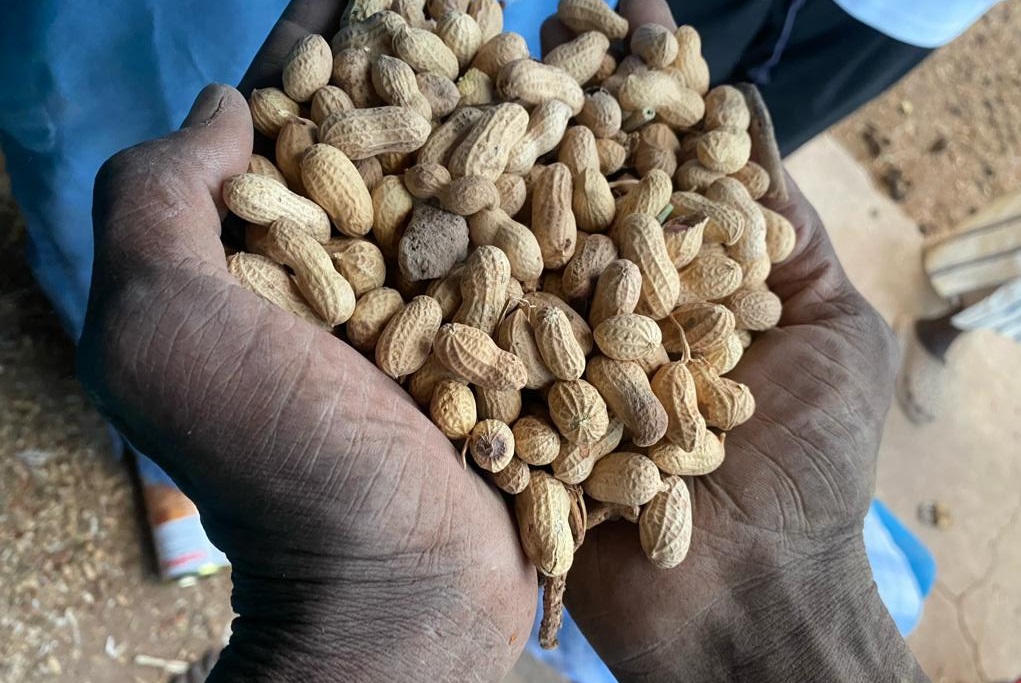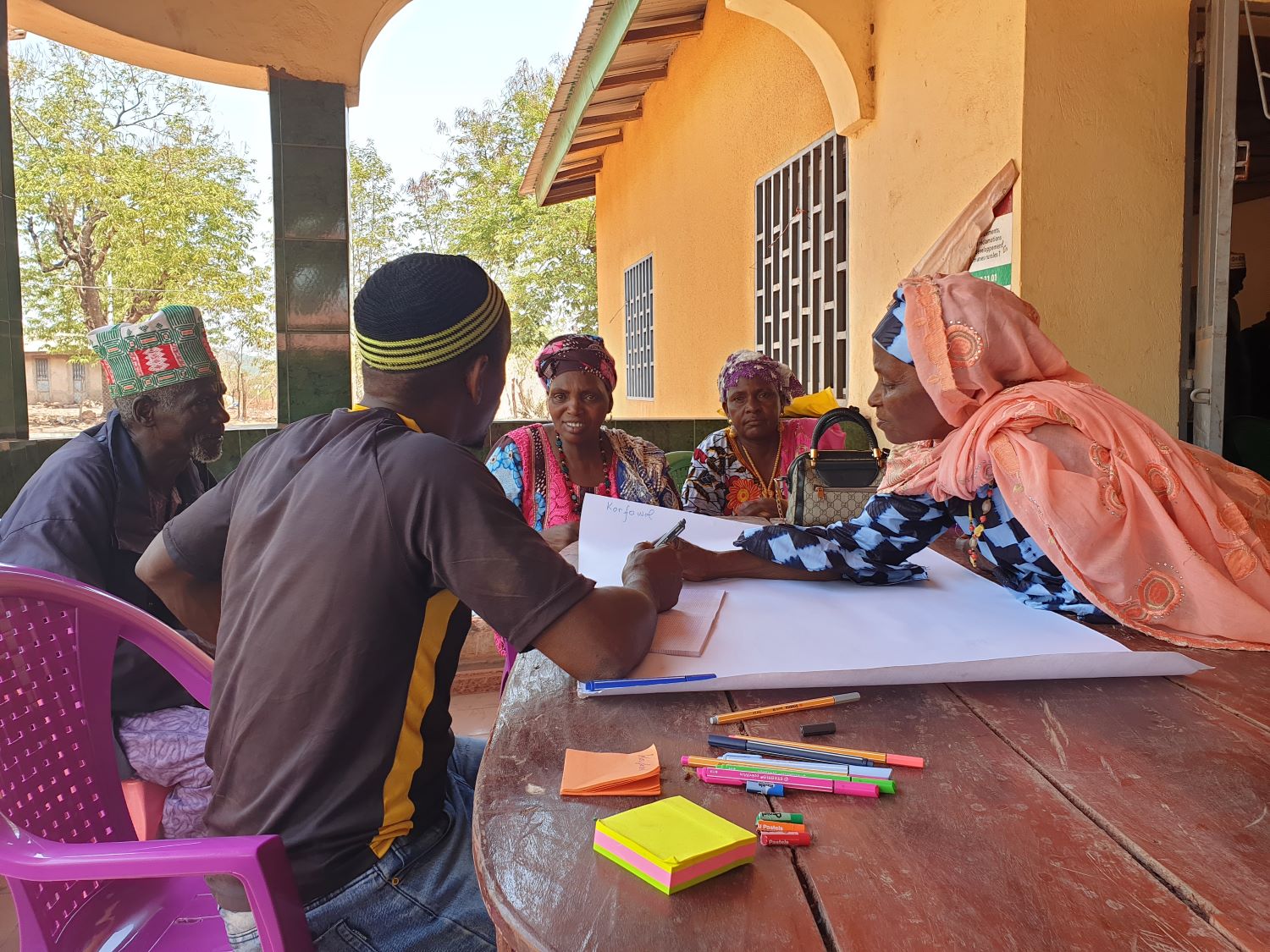Serigne Segnane is programme coordinator for land issues and natural resources with the National council for rural concertation and cooperation (CNCR), and GRET’s partner in the Commun project being conducted since the end of 2017 in Casamance, in the south of Senegal. He talks to us about the Forests Festival that was held in June, focusing on sustainable preservation of forests.
A Forests Festival was held from 24 to 26 June in Medina Yoro Foulah, in Casamance. How did its organisation come about?
The Forests Festival is an initiative led by local stakeholders and supported by CNCR and GRET as part of the Commun project (“Citizens and local organisations mobilising for better use of natural resources”), supported by the European Union.
In the Médina Yoro Foulah department, the forest is seriously threatened by large-scale illegal logging. Bush fires and excessive clearance of land by farmers seeking fertile plots are also responsible for extreme pressure on the forest. According to the Institute of security studies (ISS), 10,000 hectares of forests were lost in Casamance between 2010 and 2015.
To fight against this scourge, the Commun project facilitated the implementation of participatory forest governance focusing on three areas of intervention: environmental education and citizen monitoring; support for local initiatives aimed at improving the state of forest resources; and social communication, capitalisation and advocacy. In parallel, several activities were conducted such as the expansion of the environment commissions in municipalities, the implementation of the regional forest governance platform; the development of local agreements and of protected forest zones; and funding of economic interest groups set up by women and young people to develop alternative activities to excessive logging.
So, the Forests Festival came about after three years of implementing the project, and is led by the inhabitants of Médina Yoro Foulah, who insisted on holding this third edition of the festival in their own locality.
What were the high points of this festival ?
The event took place over three days, during which participants communicated significantly around the slogan “My forest, my life”. Hundreds of people from the department’s 11 municipalities, young people’s associations, women’s groups, school groups, the administration’s technical services, local elected representatives, parliamentarians, and cultural and artistic stakeholders took part in the festival. We also observed the sub-regional impact of the event, with the participation of farmer organisation members of the Network of West African agricultural producers (ROPPA) from Guinea-Bissau, The Gambia and Burkina Faso.
The festival combined business with pleasure, through a varied programme of discussion panels, sketches, debates and activities (stalls selling forest products, educational hikes in a protected forest, cultural activities, etc.). Various subjects related to cross-border issues – such as forest management, and communities’ rights and responsibilities in forest governance in light of the new forest code – were also discussed. The festival was also an opportunity to present feedback on actions conducted in the region with support from the Commun project, with a focus on feedback from the project beneficiaries.
Lastly, the festival ended with a ceremony to award the prizes won in a competition on subjects related to the forest and the environment, in which primary and high school pupils took part.
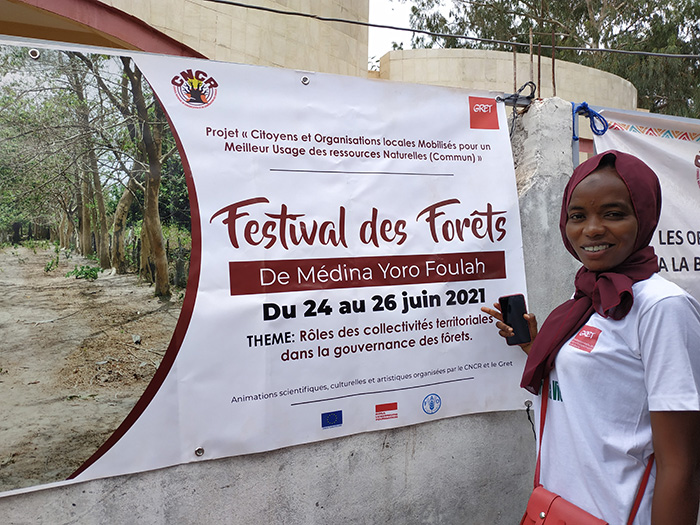
Now that the Commun project has ended, what are the future prospects for the Forests Festival?
This festival provided a good forum for debate on forest governance and on opportunities to valorise forest resources at various levels, with inhabitants and local authorities. Organising the next edition of the festival jointly with other countries in the sub-region to effectively include the cross-border dimension of forest resource management is currently being envisaged.
In addition, it is also worth noting that the end declaration of the festival – which will be shared with deciders and partners – is a good base for advocacy. This declaration calls on local authorities to fulfil their responsibilities with regards the environment and forest governance, and to further empower populations to manage and protect forests.
The content of this article is the sole responsibility of GRET and can in no way be considered as reflecting the opinion of the European Union.

